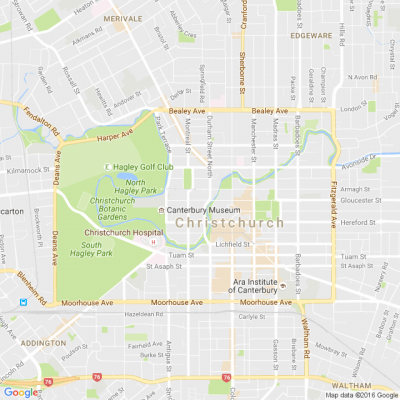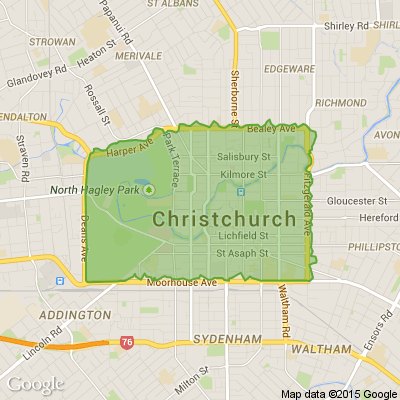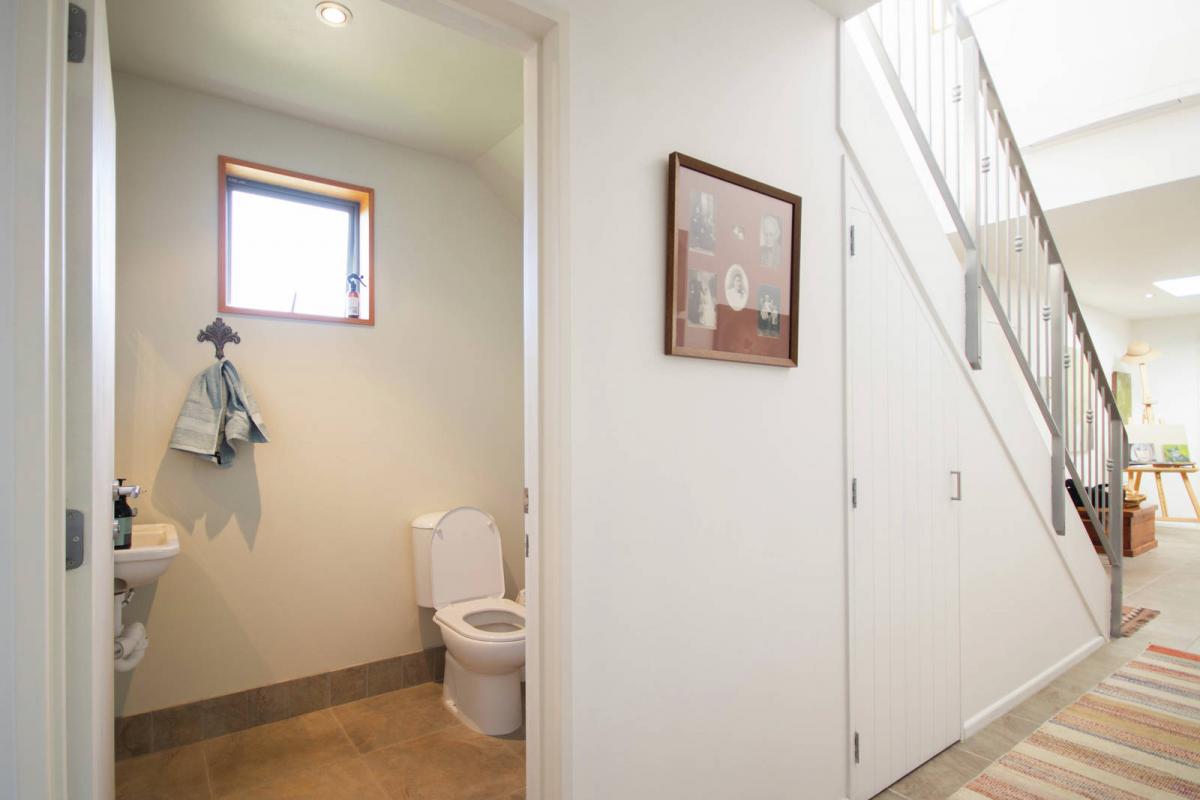Neurodiversity in schools: ‘It’s not new, but our understanding has increased’
By David Hill, Local Democracy Reporter
North Canterbury schools say supporting children with conditions like autism, ADHD, dyslexia and anxiety is ‘‘not new’’, but there is greater understanding of neurodiversity.
A recent report from the Education Hub, an organisation which connects teachers with education research, warned schools were failing neurodivergent children.
It said the education system was broken and heading for a major crisis, and it called for more funding.
Rangiora High School head of student support Tim Heidmann said up to 15% of students had a diagnosis one or more neurodivergent conditions and/or learning difficulties.
‘‘I don’t think having neurodivergence is anything new, but our understanding has increased.
‘‘We have always had people with autism in our society, so that’s not new, but our ability to respond is better."
Heidmann said he regularly met with whānau to discuss a student’s needs and what supports were available, but this was always limited by resources.
‘‘We can be prepared and forewarned, but in terms of having specific supports, it is responsive to the needs of the child.’’
It meant the school needed to be flexible, as each students’ needs were different.
While a diagnosis helped to guide how a student might be supported, it did no excuse ‘‘bad behaviour’’, he said.
‘‘It does help us to understand why a student might be behaving in this way. It might be their way of asking for help.’’
Kaiapoi High School principal Jason Reid said staff worked out a plan to support neurodivergent students based on a range of information from whānau, previous schools and outside agencies.
‘‘If we know what techniques have worked well and what techniques have been ineffective, we can use that to work out a pathway of learning.
‘‘A lot of it is about putting good information in teachers’ hands.’’
Catering for the diverse needs in a modern classroom provides a challenge for teachers, who are more aware than ever that one size does not fit all, Reid said.
‘‘We were discussing the other day whether there is a greater proportion of neurodivergent students than ever before.
‘‘Our group could not agree on a straightforward ‘yes' or ‘no' answer to this question.
‘‘It seems there is a greater proportion of our community who are neurodiverse.
‘‘However, are we just better at identifying neurodiversity, are we more aware of what neurodiversity looks like?’’
Reid said in the past what we now define as neurodivergent may have been identified ‘‘in different ways, or not at all’’.
Community Wellbeing North Canterbury Trust manager Deirdre Ryan advised parents who were concerned about their children to contact their GP for advice in the first instance.
The trust worked collaboratively with local schools offering a range of services, including being a Mana Ake (years 1 to 8) and a Manu Ka Rere (13-24 years) provider.
Both programmes offer mental health support in schools.
Support was also available through Parent to Parent (parent2parent.org.nz), Autism New Zealand (autismnz.org.nz) and ADHD New Zealand (adhd.org.nz).
■ LDR is local body journalism co-funded by RNZ and NZ On Air.
Worst Xmas ever?
There's a a lot of planning that goes into Christmas day and sometimes things just don't go to plan. But it can be a good thing - a family mishap or hilarious memory that you can laugh about in Christmases to come.
Whether you burnt the dinner or were stranded at an airport...
Share your Christmas mishaps below!

⚠️ DOGS DIE IN HOT CARS. If you love them, don't leave them. ⚠️
It's a message we share time and time again, and this year, we're calling on you to help us spread that message further.
Did you know that calls to SPCA about dogs left inside hot cars made up a whopping 11% of all welfare calls last summer? This is a completely preventable issue, and one which is causing hundreds of dogs (often loved pets) to suffer.
Here are some quick facts to share with the dog owners in your life:
👉 The temperature inside a car can heat to over 50°C in less than 15 minutes.
👉 Parking in the shade and cracking windows does little to help on a warm day. Dogs rely on panting to keep cool, which they can't do in a hot car.
👉 This puts dogs at a high risk of heatstroke - a serious condition for dogs, with a mortality rate between 39%-50%.
👉 It is an offence under the Animal Welfare Act to leave a dog in a hot vehicle if they are showing signs of heat stress. You can be fined, and prosecuted.
SPCA has created downloadable resources to help you spread the message even further. Posters, a flyer, and a social media tile can be downloaded from our website here: www.spca.nz...
We encourage you to use these - and ask your local businesses to display the posters if they can. Flyers can be kept in your car and handed out as needed.
This is a community problem, and one we cannot solve alone. Help us to prevent more tragedies this summer by sharing this post.
On behalf of the animals - thank you ❤️










 Loading…
Loading…






















